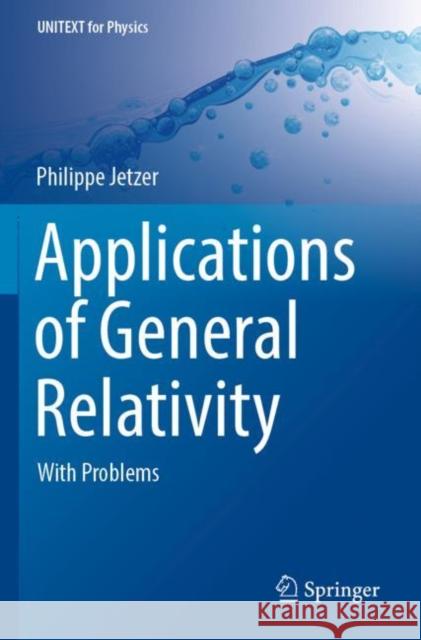Applications of General Relativity: With Problems » książka
topmenu
Applications of General Relativity: With Problems
ISBN-13: 9783030957209 / Angielski / Miękka / 2023 / 195 str.
Applications of General Relativity: With Problems
ISBN-13: 9783030957209 / Angielski / Miękka / 2023 / 195 str.
cena 201,24
(netto: 191,66 VAT: 5%)
Najniższa cena z 30 dni: 192,74
(netto: 191,66 VAT: 5%)
Najniższa cena z 30 dni: 192,74
Termin realizacji zamówienia:
ok. 22 dni roboczych.
ok. 22 dni roboczych.
Darmowa dostawa!
Kategorie BISAC:
Wydawca:
Springer Nature Switzerland AG
Seria wydawnicza:
Język:
Angielski
ISBN-13:
9783030957209
Rok wydania:
2023
Ilość stron:
195
Wymiary:
23.5 x 15.5
Oprawa:
Miękka
Dodatkowe informacje:
Wydanie ilustrowane











